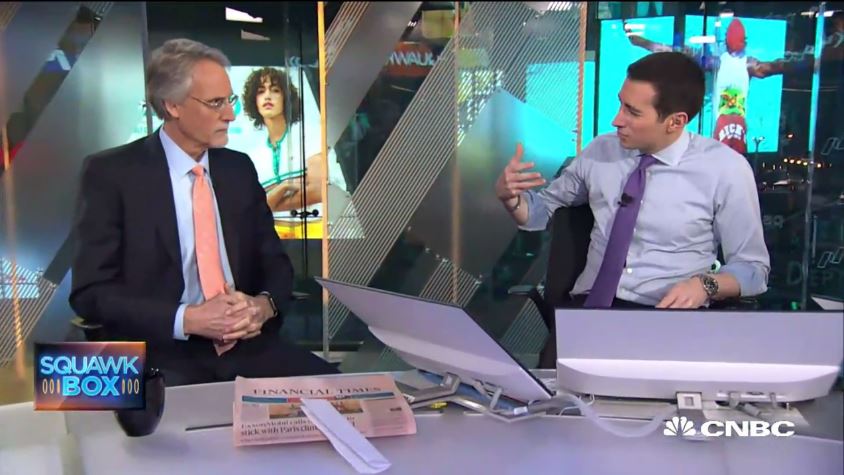Law professor Charlie Dunlap, a retired major general in the U.S. Air Force, talks about U.S. military operations and urban warfare in Mosul, where some 400,000 civilians remain trapped. More than 100 civilians were reportedly killed in a recent U.S. air strike, and Dunlap and military officials have noted that ISIS is using civilians as human shields. “In the case of Mosul the enemy has had 2 1/2 years to prepare for this assault” and they have burrowed in, Dunlap says. He added that urban combat is always very dangerous for civilians. “Every civilian casualty is a tragedy and the military has to work very hard to avoid them.”
Listen on NPR’s “Morning Edition”













